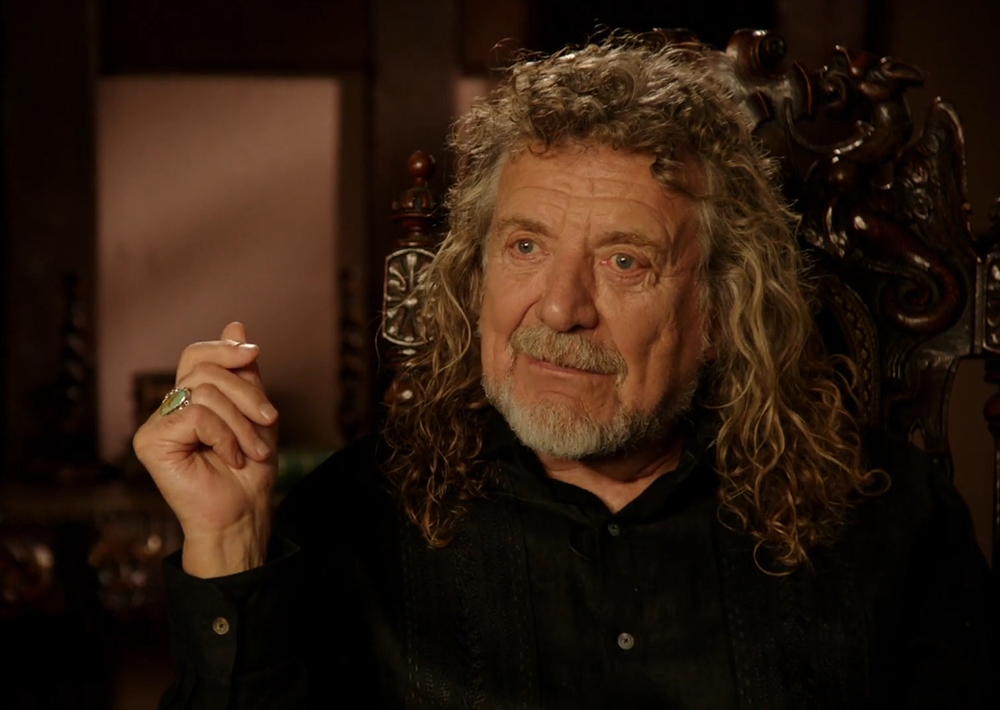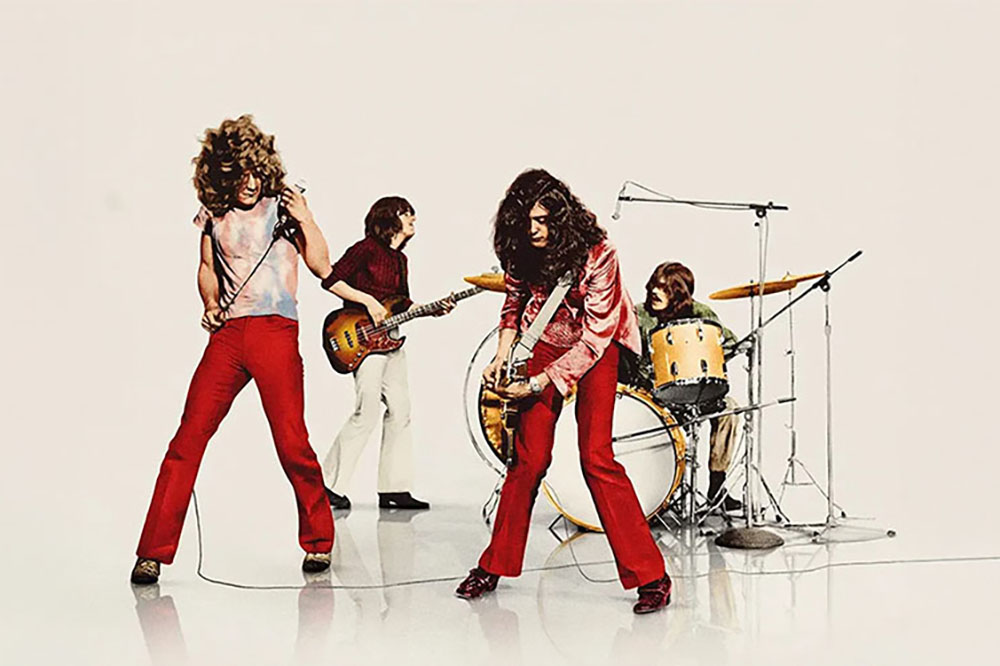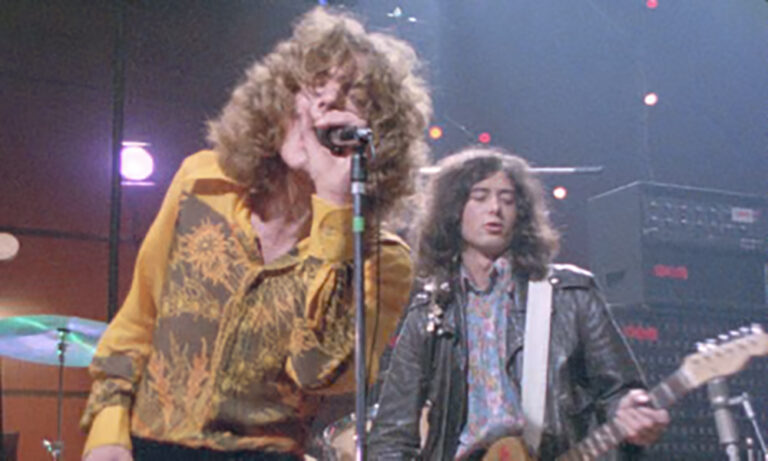If there was ever a film that demanded to be shown in IMAX, it’s this one. You may have climbed a mountain with no safety gear, skydived or bungee jumped off a bridge 700 feet above a ravine, but you haven’t experienced true thrills until you’ve heard the crescendo of Led Zeppelin’s “What Is and What Should Never Be” roaring from the IMAX speakers as it thrums through your bones.
Bernard MacMahon and Allison McGourty’s documentary “Becoming Led Zeppelin” focuses on the band’s origin, how the four lads, each brilliant musicians individually, came together to form something even more massive than the sum of their parts. The film doesn’t follow their whole career, it ends in 1970 with the huge success of their second album “Led Zeppelin.”
A Musical Reminiscence
It’s a luxurious 2 hours, 17 minutes long (trimmed down from the original 3 hour cut), with John Paul Jones, Jimmy Page, and Robert Plant discussing their childhoods and influences. Tragically, drummer John Bonham died in September 1980 but a couple of rare interviews with him are included in the film also.
The surviving band members all reminisce from fancy high-backed chairs as they’re occasionally interrupted to watch video of themselves when they were young. It’s all very warm and cozy, the only thing missing is a fireplace crackling in the background. I enjoyed it, it was like sitting at the feet of your granddad and his friends as they regale you with tales of their rowdy misbegotten youth with twinkles in their eyes. The kind of twinkles where you know they had a blast but they’ll never go into ALL the details of it.
None of the four had bad childhoods and they all loved R&B music. Rock music historians note at least two seismic events that changed the course of rock forever: When Elvis Presley first appeared on “The Ed Sullivan Show” in 1956 and when The Beatles emerged out of the Cavern Club in Liverpool and released their first album in 1963 to worldwide acclaim.
A Phenomenon on IMAX

However, it’s only in the last few years that the importance of early black R&B musicians like Elmore James and B. B. King has been discussed. What’s great about this film is we not only learn about what influenced each member of Led Zeppelin, we get to see those people in concert too. It gives a great insight into music history, that rock music didn’t just appear out of nowhere, it grew and evolved from the roots established by so many 1940s and 1950s R&B artists.
Speaking of performances, we get a few classic performances by Led Zeppelin here also, pulled from appearances in TV shows and concerts back in the 1960s. With the IMAX speakers, they are LOUD! But Led Zeppelin fans wouldn’t want it any other way. Some of the songs appearing in the film are “Whole Lotta Love,” “Ramble On,” “What is and What Should Never Be,” “Good Times, Bad Times,” and “Dazed and Confused”—among many others.
Some critics have condemned the film for being too sugarcoated; I suppose that’s true in some aspects, but why focus on negatives when so much good happened?
A Documentary to See

The film isn’t totally without some downers. In one segment, we see Led Zeppelin making their debut on a London TV show where the audience is filled with a mix of children, stodgy married couples (one woman in the audience looks like she could have traded recipes with June Cleaver from “Leave it to Beaver”), and geriatrics. When Jimmy Page kicks in with his booming guitar and Robert Plant starts singing with his powerful voice, the camera hilariously cuts to different members of the audience. Some of the children are plugging their ears with their tiny fingers, grimacing in pain while many of the adults look at each other with horror. What’s worse is some of the women in the audience listening with blank expressions and polite smiles, as if they’re enduring their kid’s middle-school recital and counting the seconds until it’s over.
Ironically, the song Led Zeppelin was playing was “Communication Breakdown.”
See? The movie’s not all wine and roses and chances are the critics who say this film is “sugarcoated” would have been plugging their ears in that audience way back in the ’60s too.



